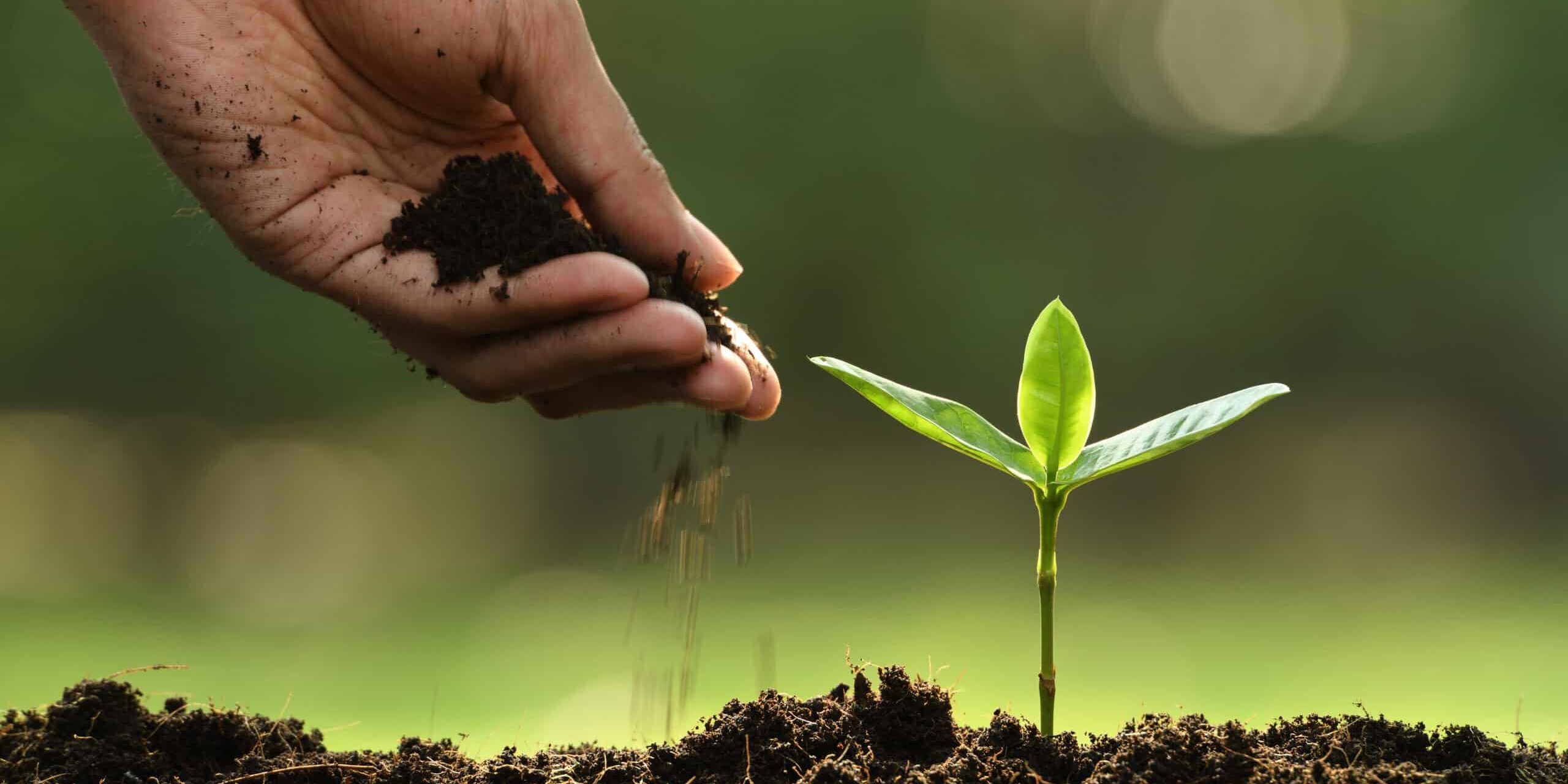The Environment and Climate Research Hub proudly presents three new Seed Funding projects. The ECH’s Seed Funding Grants support early-stage projects between hub members from different disciplines, establishing promising collaborations that will result in joint peer-review papers and/or grant proposals. Following a competitive review process, three projects were selected to run for one year, funded with a total of €45000. We congratulate our hub members and are excited to watch their research ideas unfold.
From Lab to Litigation: Translating Scientific Evidence to the Court
Led by Stephanie Nitsch from the department of European, International and Comparative Law and Nils Güttler from the department of History at the University of Vienna, this project addresses the challenge of integrating scientific evidence into legal practice, particularly in environmental litigation. The research investigates how scientific evidence has been presented and evaluated in court proceedings since the 1960s, identifying obstacles and highlighting best practices. This interdisciplinary approach is vital for advancing the green transition and addressing issues such as climate change litigation and pollution-related cases.
Exploring Social Perceptions of Chlordecone and Other Phytochemical Compounds: A Mixed-Methods Study in Martinique (French Antilles)
This interdisciplinary project explores socio-cultural, psychological, and emotional perceptions related to chlordecone (an organochlorine pesticide used extensively in banana plantations until 1993) and other phytochemical compounds (pesticides, insecticides, fungicides) used in agriculture in Martinique. Giorgio Brocco from the department of Social and Cultural Anthropology and Mathew White from the department of Psychology at the University of Vienna lead this work bringing together complementary research approaches to drive new insights. Combining qualitative ethnographic fieldwork with quantitative surveys. The research aims to improve understanding of local communities’ perceptions of chemical pollution and health risks, informing future public health policies and community resilience initiatives.
From Decay to Delay: Organic Matter’s Fate in Soils, Inland Waters, and Ocean
Led by Katrin Attermeyer from the department of Functional and Evolutionary Ecology and Lucia Fuchslueger from the department of Microbiology and Ecosystem Science at the University of Vienna, this project seeks to understand the dynamics of organic matter (OM) degradation and preservation across terrestrial, freshwater, and marine ecosystems. This interdisciplinary research integrates biogeochemical and microbial ecology perspectives through hands-on experiments and expert collaboration. By tracking OM decay and delay across soil-to-water transition zones, the project aims to develop a roadmap for future studies, contributing to our understanding of environmental changes and ecosystem protection.
Impactful Contributions Expected
“These projects represent the ECH’s commitment to address critical environmental issues through interdisciplinary collaboration”, emphasises Thilo Hofmann, and Sabine Pahl (both ECH Directors) adds “Our seed funding scheme supports the testing of novel and inspiring ideas and can potentially lead to exciting bigger projects”. The ECH looks forward to the impactful contributions these projects will make.
